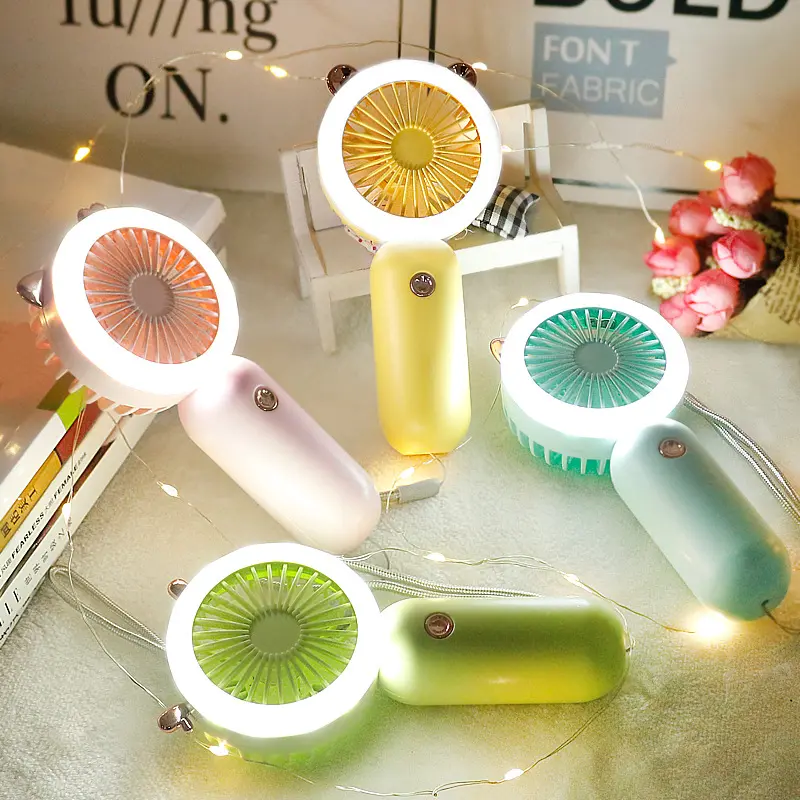
Food Contact Material Safety Testing
As public concern over food safety continues to rise, food safety issues caused by food contact materials have gradually attracted attention from all sectors of society. Currently, a large portion of the European Union’s food contact material regulations are issued as directives, which must be transposed into national regulations by individual member states. During this transposition process, each member state may add specific requirements based on local conditions. Notably, countries like Germany, France, and Italy have also established their own national regulations for food contact materials. Therefore, products exported to the EU must not only comply with the relevant EU directives but also adhere to the regulatory requirements of each member state.
Relevant Regulations and Services Provided by JJR Laboratory (China):
- European Union: EC/1935/2004
- Germany: LFGB
- France: DGCCRF 2004-64
- United States: FDA CFR 21 Sections 170-190 & California Proposition 65
- Japan: Japan Food Sanitation Law
- China: Food Safety Law, National Standards Testing for various food containers and packaging materials such as polyethylene, ceramic-like materials, etc.
Scope of Application:
Food contact materials, including metals, plastics, silicone rubber, coatings, glass, ceramics, wood, paper, and more.
Common food-grade materials used in products include: kitchen appliances in contact with food such as rice cookers, ovens, coffee machines, food storage containers, cutting boards, stainless steel kitchenware, and dining utensils like bowls, spoons, cups, plates, knives, and forks.
In addition to the national testing standards mentioned above, countries such as the UK and Italy also have their own food-grade material testing requirements. JJR Laboratory in China can conduct tests according to the standards of different export countries for various food-grade materials and provide corresponding reports, helping your products enter the international market swiftly.
Email:hello@jjrlab.com
Write your message here and send it to us
 FCC Certification Fees for Handheld Fans
FCC Certification Fees for Handheld Fans
 FCC Certification Testing for Smart Lighting Produ
FCC Certification Testing for Smart Lighting Produ
 What is the ETSI EN 303 645 Testing Standard?
What is the ETSI EN 303 645 Testing Standard?
 UL Compliance and ETL Certification for LED Lighti
UL Compliance and ETL Certification for LED Lighti
 What is the IEC 60598 Standard?
What is the IEC 60598 Standard?
 What is the Canada IC Logo?
What is the Canada IC Logo?
 EMC Pre Compliance Testing
EMC Pre Compliance Testing
 PAHs Testing (Food and Textile)
PAHs Testing (Food and Textile)
Leave us a message
24-hour online customer service at any time to respond, so that you worry!




